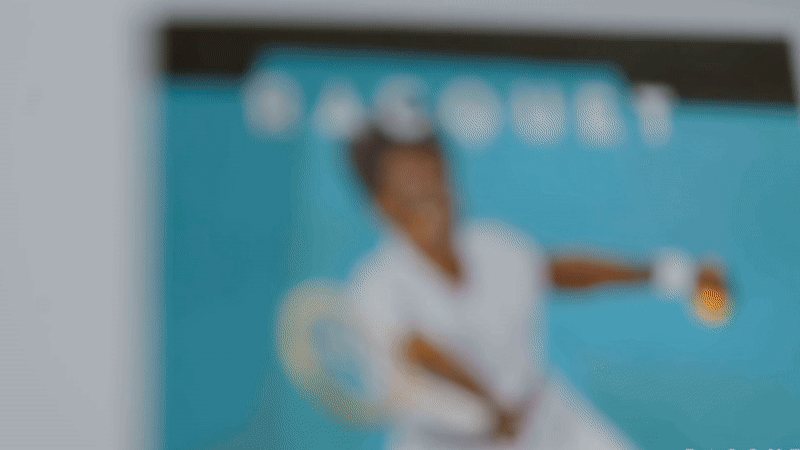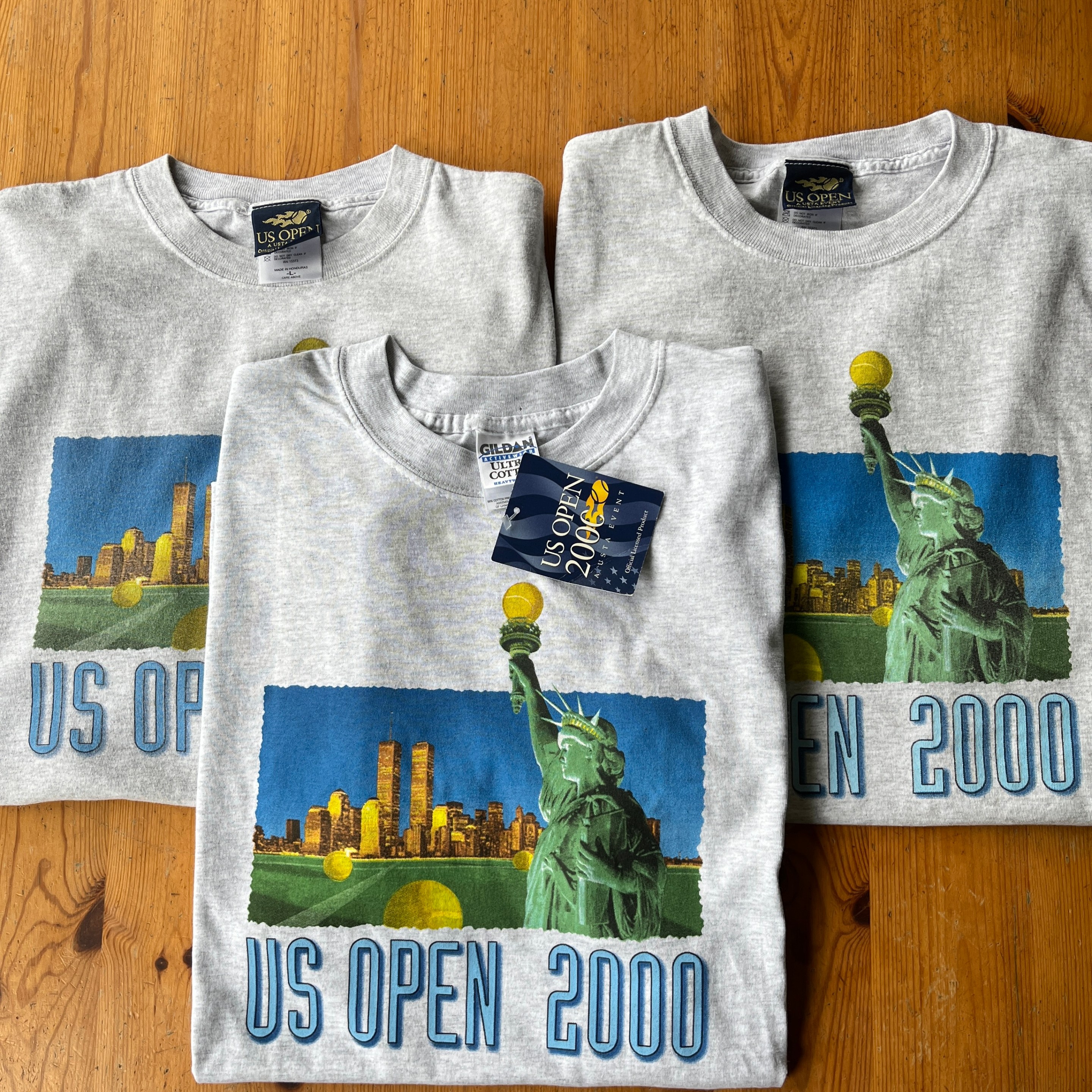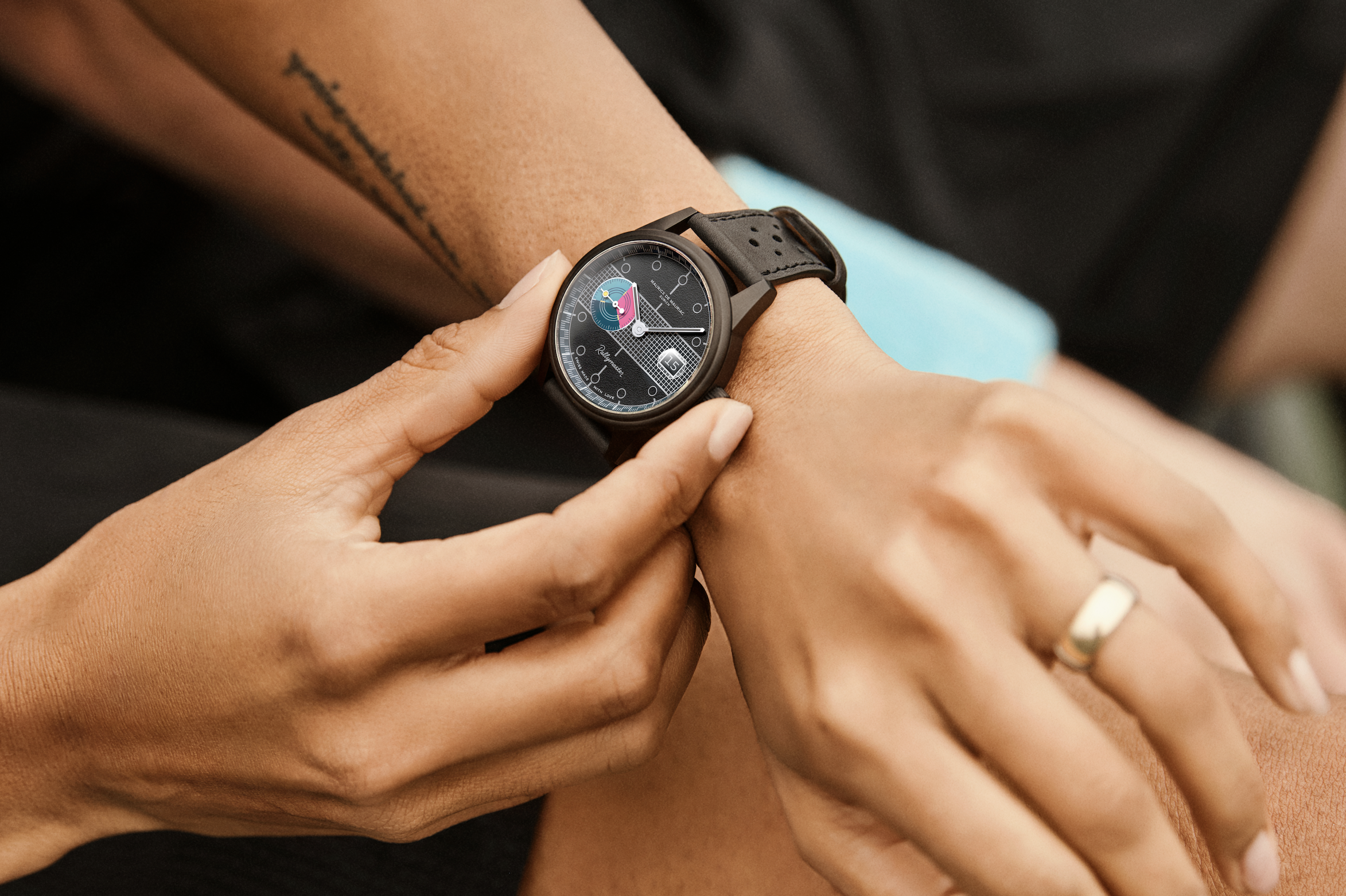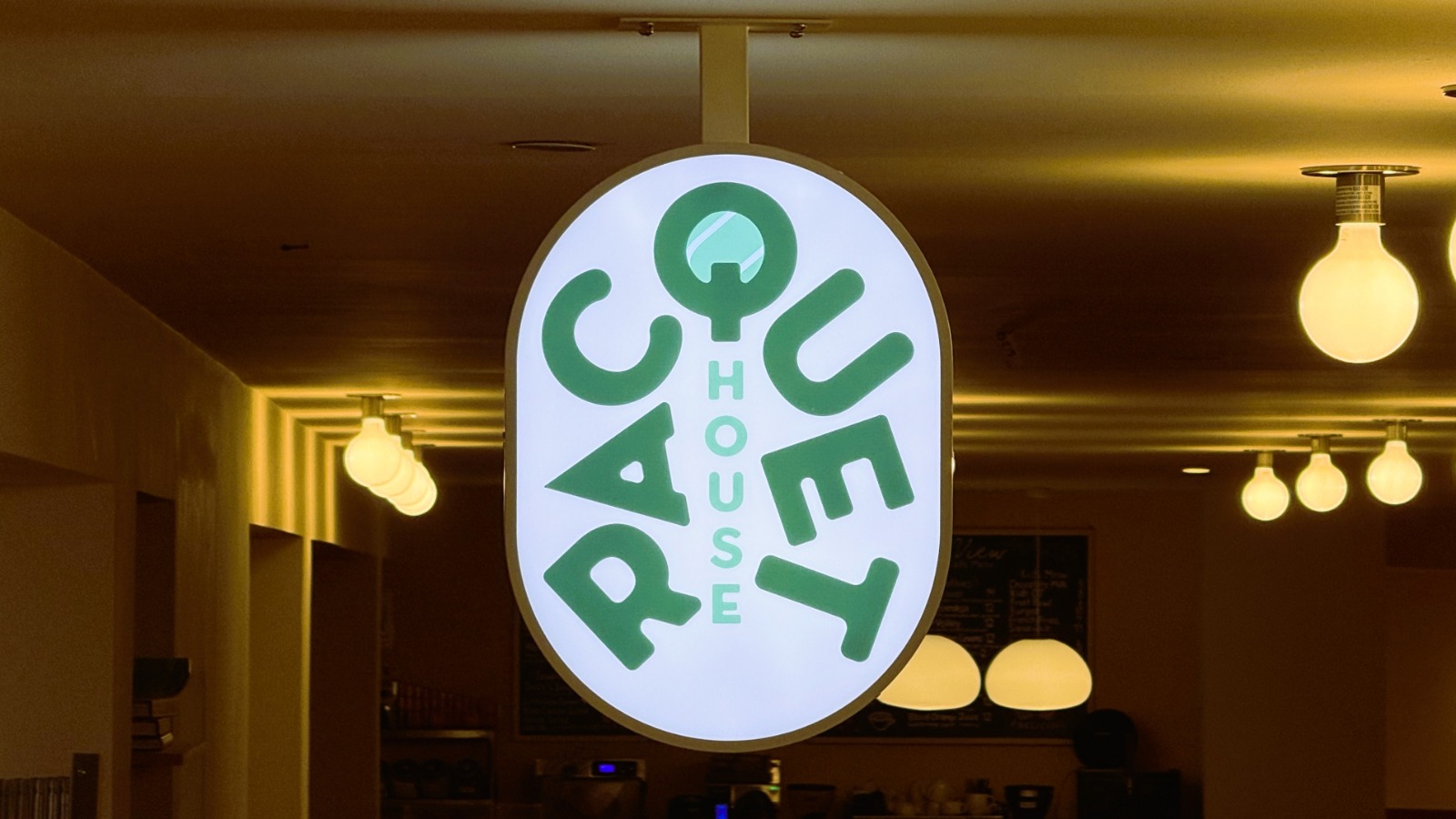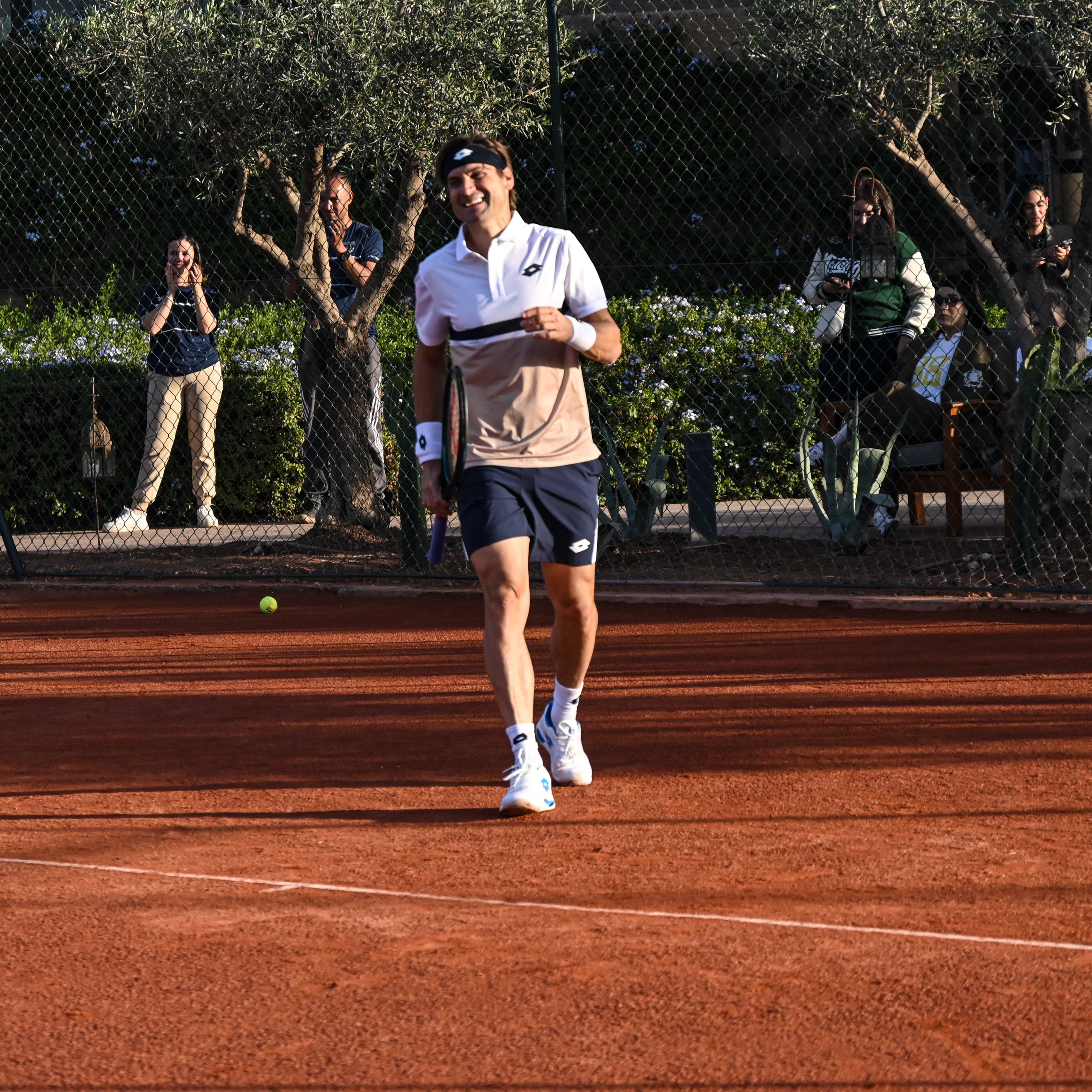
All the Times the AO Has Made us Weep (So Far)
Featured Articles
Where Has All the Good Merch Gone?
They just don’t make tennis merch like they used to, so we asked our favorite indie brands, resellers and stylish tennis friends (and fiends) where they find the best tennis apparel.
Where to Travel with your Racquet in 2026
We make it our business to know just where you should go, and how you can play racquet sports when you get there.
Postcard from Substack
Melissa and Daniel—the authors of Hard Hitting and Sportsverse, two of the best newsletters around—are friends, neighbors, hitting partners, and for one magical afternoon at our new Clubhouse location, muses of style.
Rallymaster IV Unveiled Down Under
Maurice de Mauriac and Racquet complete a Grand Slam with the Rallymaster IV, the last iteration of their celebrated tennis & timepiece collab.
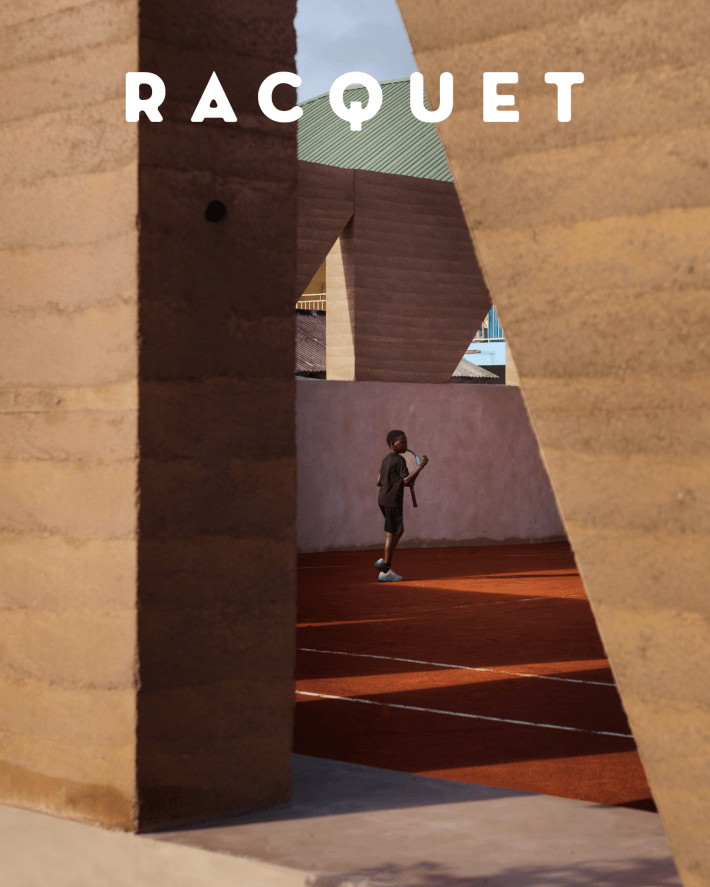
Accra's Tennis Sanctuary
Must Reads
We Launched a Clubhouse
Just in time for the holidays, we are so thrilled to be opening our doors to the Racquet Clubhouse. In our hometown of New York City, there's only one club that offers best-in-class tennis, padel and squash—alongside a spa, juice and coffee bar: CityView Racquet Club. That's where we've launched our first IRL pro shop.
Men Have Already Lost the Battle of the Sexes
Now that tennis represents a broader purview, it churns out the same cheap tricks as the overstimulated ecosystem it dwells in: shock jockery, cash grabs, frenzied efforts for “engagement” that materialize as gauche emblems of brodernity. So I turn your attention, instead, to the real battle of the sexes: that women’s tennis is amply more exciting than men’s.
Courtside Orange Blossoms in Marrakech
In this postcard from Morocco, local player and commentator Mamoune Hazmoune explains the meaning of high-level tennis up close and personal.
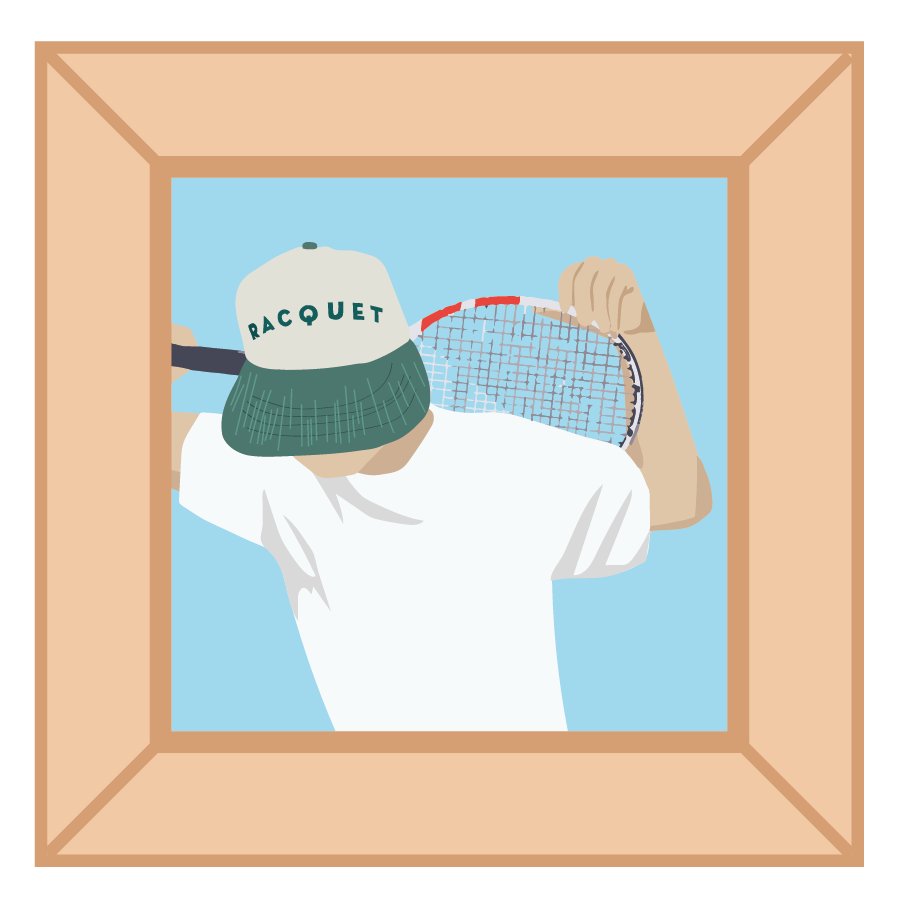
Shop New Racquet Merch
